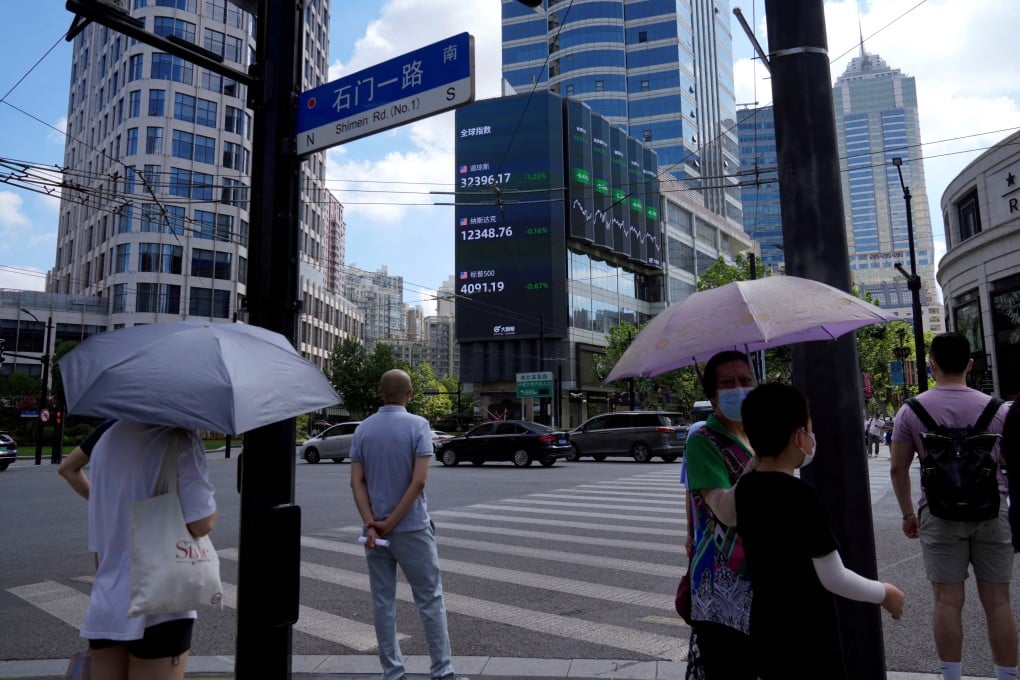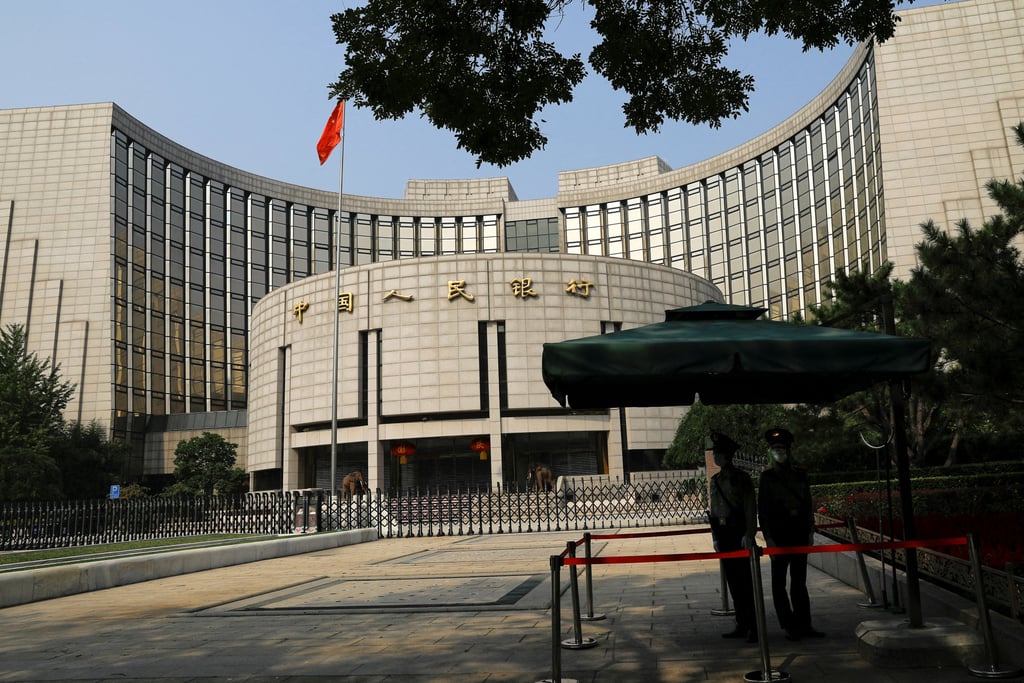Down 15 per cent on Chinese stocks, William Blair fund manager calls a 20 per cent rally in post-stimulus re-rating
- Chinese stocks are due for an imminent re-rating as policy stimulus kicks in to revive economy, corporate earnings, fund manager at William Blair says
- China has shaken off policy complacency recently while the sell-off in A shares by foreign investors reflects an overreaction to slower post-pandemic recovery

Vivian Lin Thurston’s China-focused equity fund is down more than 15 per cent this year, while the broader market is barely treading water. She is convinced a stimulus-fuelled turnaround is just around the corner.
“The market will rally,” the money manager at Chicago-based William Blair Investment Management said in an interview. “When that stimulus comes through and starts to trickle down to the real economy, the macro data will show and the equity market [re-rating] will follow.”
Investors should be more patient with China’s post-pandemic recovery as it takes time for economic revival plans to work out and repair confidence, while policymakers have taken steps to break the recent downward spiral following efforts to ease borrowing costs and inject more liquidity in the system.

China’s central bank could lower the loan prime rates at the monthly setting later this week, according to some strategists, following measures to cut a key policy rate last week, amid shrinking manufacturing and export. Revenue from the property sector slumped 13 per cent last month, a Goldman Sachs report showed.
Thurston co-manages the US$68 million China A-shares Growth Fund, whose top 10 holdings on May 31 included Kweichow Moutai, Contemporary Amperex and China Tourism Group Duty Free. She also helps manage the US$756 million Emerging Markets Growth Fund, which has gained 7.8 per cent this year with bets including chip maker TSMC, Tencent, Samsung Electronics and Alibaba Group Holding.

Thurston, who studied at Peking University, worked at China Agribusiness Development Trust and Investment Corp, developer China Vanke, and UBS Global Asset Management, among others. She joined William Blair in 2015.
Stocks in the MSCI China Index trade at 10.7 times their forward 12-month earnings, compared with an average of 12.9 times over the past 10 years, according to Bloomberg data. Thurston said a re-rating alone would offer a 20 per cent upside to the market, while earnings recovery would deliver an additional boost.
Stocks in the CSI 300 Index fetched 14.2 times forward earnings versus the 10-year average of 14.8 times. The comparable ratios for Hang Seng Index members are 11.2 times and 11.8 times.
To be sure, the investability of China market remain a sore point, as geopolitical tensions stay high while the scars from tech-sector crackdown have not completely healed, Thurston said. But China is likely to be more consistent during the next two to three years to focus on a “healthier growth,” she added.